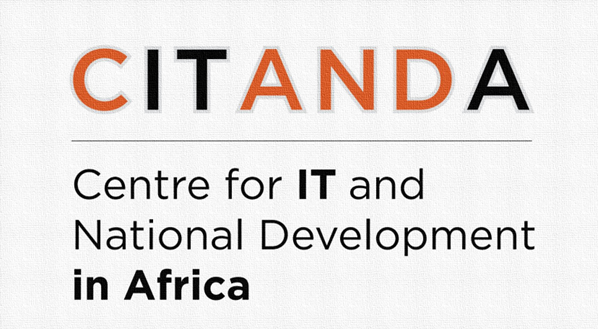Abstract
Due to rapid global population growth and urbanization, approximately two billion metric tons of waste are generated annually. Municipal solid waste management has become a critical function for urban authorities. However, many urban authorities in low- and middle-income economies cannot provide efficient municipal solid waste management services because of suboptimal stakeholder participation in governance processes and inadequate information exchange. Therefore, this study sought to determine factors that influence the implementation of GIS-enabled public e-participation using Enhanced Adaptive Structuration Theory. A descriptive field study was conducted among staff of municipal authorities and residents in Uganda’s Kampala Metropolitan Area. Data were analyzed using partial least squares structured equation modelling. Overall, it was found that technology and task had the greatest influence on GIS-enabled public e-participation while the influence of social-institutional and participant factors was insignificant. Therefore, technology and task influences should be prioritized to enhance the implementation of GIS-enabled public e-participation for low and medium-income economies.


